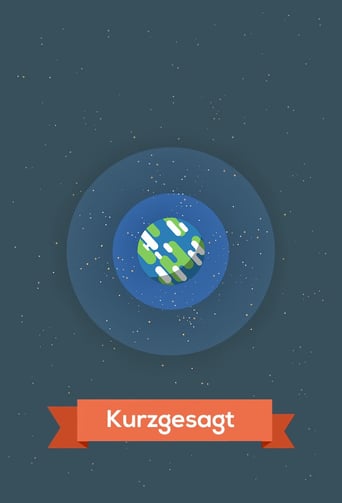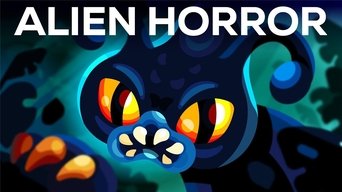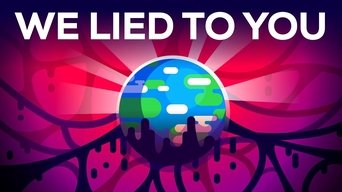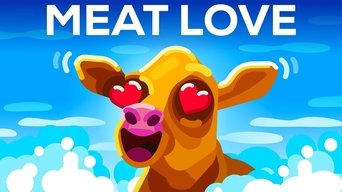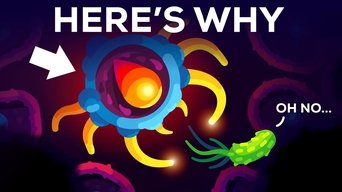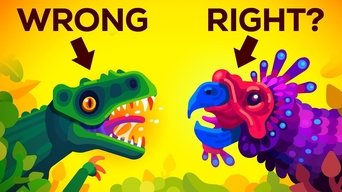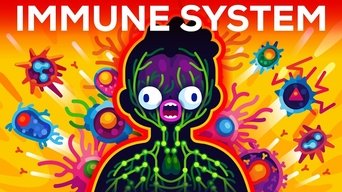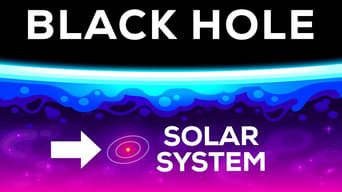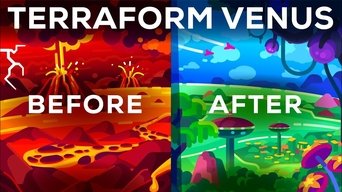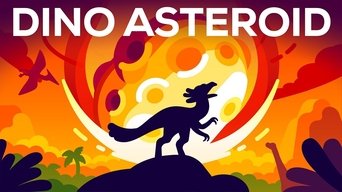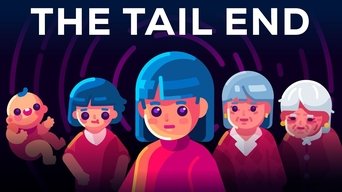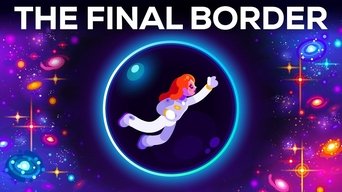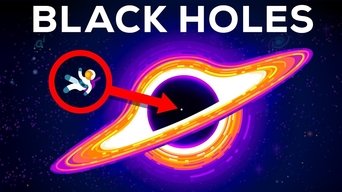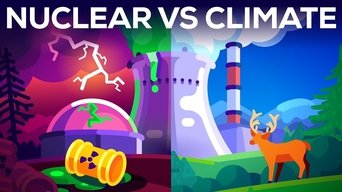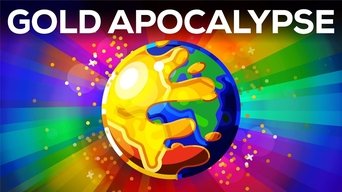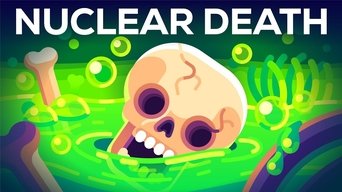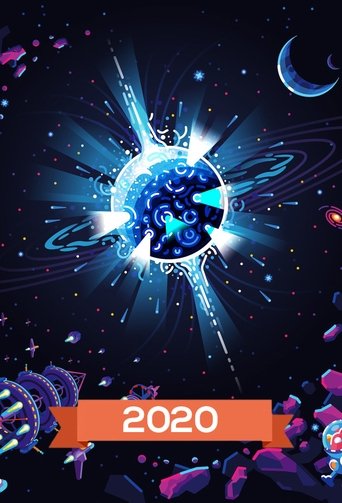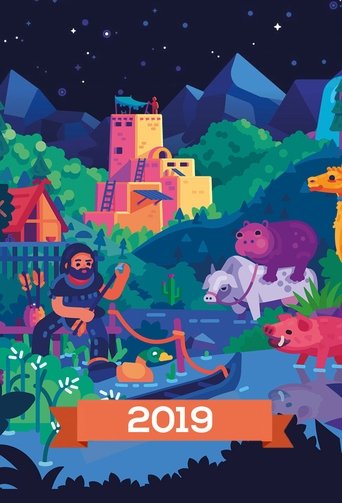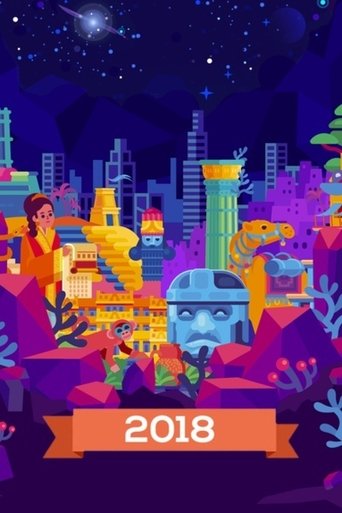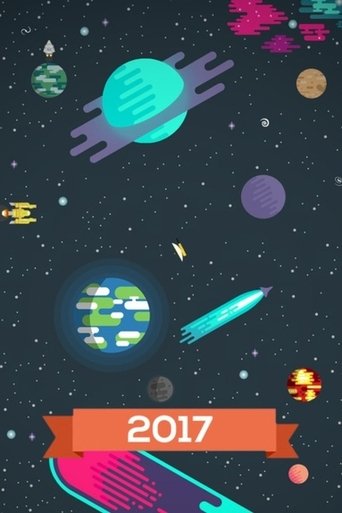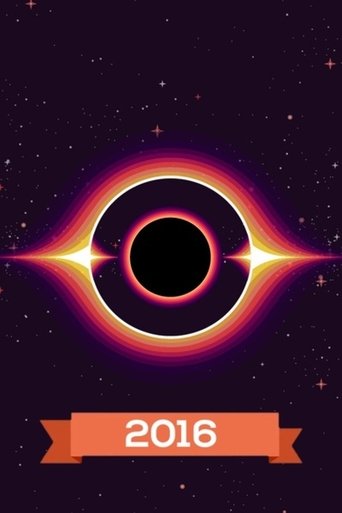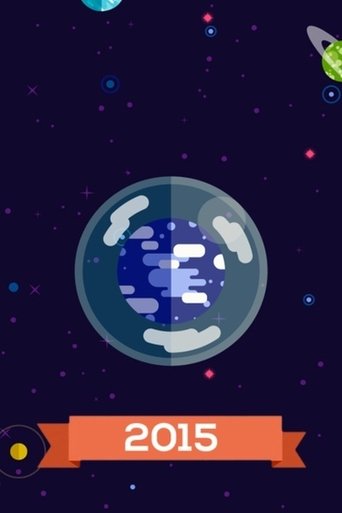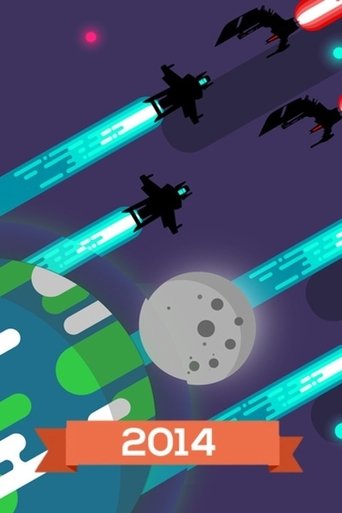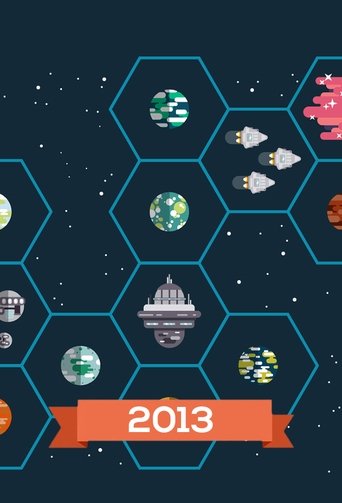Kurzgesagt - In a Nutshell Season 9
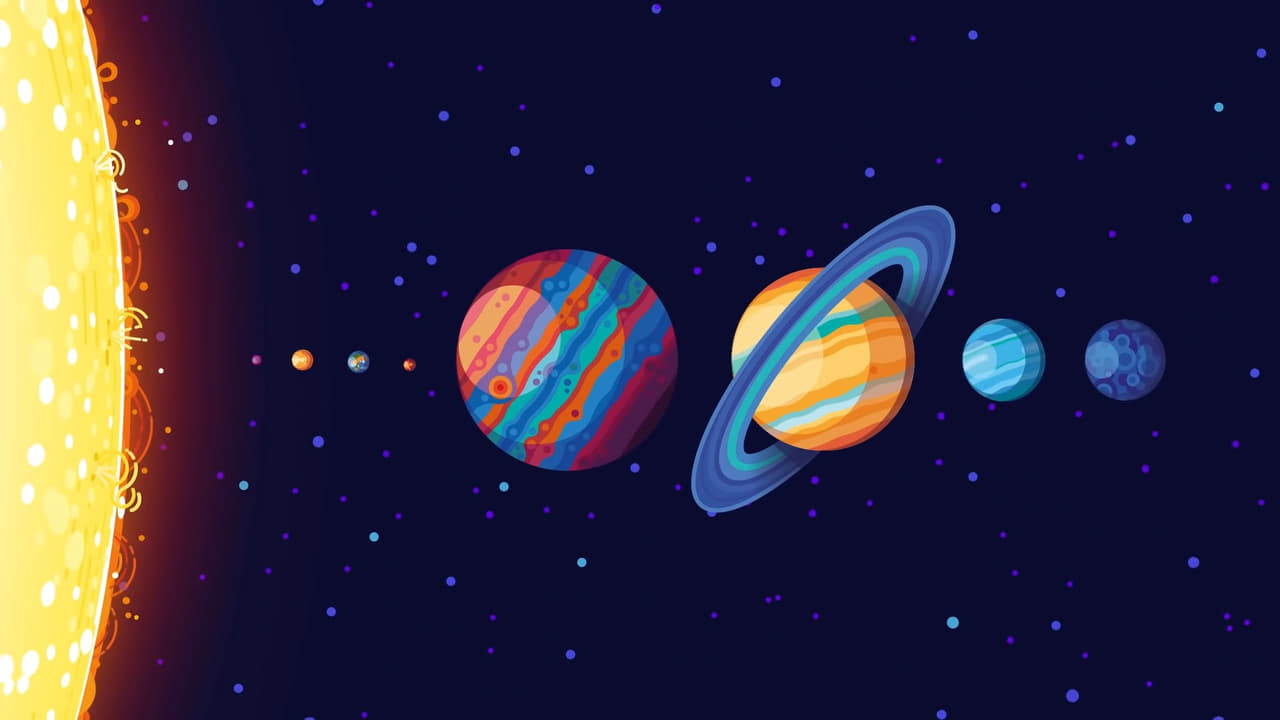
Kurzgesagt (German for "in a nutshell") is a Munich based design studio with a distinctive perspective on design and animation within the fields of education, science and commerce. Founded in 2012 by Philipp Dettmer & Stephan Rether, the studio engages in information design projects of all kinds. We love science, minimalism, colors and music. But most of all combining them to tell stories.
Watch NowWith 30 Day Free Trial!
Kurzgesagt - In a Nutshell
2013
Kurzgesagt (German for "in a nutshell") is a Munich based design studio with a distinctive perspective on design and animation within the fields of education, science and commerce. Founded in 2012 by Philipp Dettmer & Stephan Rether, the studio engages in information design projects of all kinds. We love science, minimalism, colors and music. But most of all combining them to tell stories.
Watch Trailer
With 30 Day Free Trial!
Kurzgesagt - In a Nutshell Season 9 Full Episode Guide
The Universe is incredibly big and seems full of potential for life, with billions of habitable planets. If an advanced civilization had the technology to travel between the stars, at just 0.1% of the speed of light, It could colonize our galaxy in roughly 100 million years. Which is not that long given the billions of years the milky way has existed – so in principle any spacefaring civilization should be able to spread rapidly over huge sectors of the galaxy. And yet we see nothing, hear nothing, the universe seems empty. Devoid of others. This is the Fermi Paradox, which we have discussed in more detail in other videos. Confronted with the seemingly empty universe, humanity faces a dilemma. We desperately want to know if we are alone in the Milky Way. We want to call out and reveal ourselves to anyone watching but that could be the last thing we ever do. Because maybe the universe is not empty. Maybe it’s full of civilizations but they are hiding from each other. [...]
Kurzgesagt is lying to you, in every video, even in this one. Because our videos distill very complex subjects into flashy ten minute videos and unfortunately, reality is, well, complicated. The question of how we deal with that, is central to what we do on this channel and something we think about a lot.
Food is arguably the best thing about being alive. No other bodily pleasure is enjoyed multiple times every day and never gets old. It is an expression of culture, our parents' love and a means of celebration or comfort. That’s why it hits a special nerve when we are told we should change what and how we eat to fight rapid climate change. One of the most delicious foods, meat, gets the worst press. It doesn’t help that the topic is really hard to properly research yourself and debates get emotional quickly. But clearly science can give us an answer! The reality is, well, it’s complicated. Let’s take a look at three climate arguments against meat that are used a lot and see what happens.
You are not a person, you are a planet, made of roughly 40 trillion cells. There is so much of you, that if your cells were human-sized, you would be as big as 20 Mount Everests. For your creepy-crawly inhabitants, this makes your body an ecosystem, rich in resources and warmth and space. A perfect place to move into and have a family. While some of these guests are welcome, most are not. Your immune system is the guardian of this planet, the force tasked with protecting yourself against the constant danger of invasion.
The past is a vast and mysterious land that begins at the big bang and ends in the present, expanding with each passing moment. It is the home of everything that came before, the key to understanding our present. Here we find the most amazing creatures to ever roam our planet, hundreds of millions of species so diverse that our imagination cannot do them justice. Unfortunately the past carefully guards its secrets.
Never before in human history have we been richer, more advanced or powerful. And yet we feel overwhelmed in the face of rapid climate change. It seems simple on the surface. Greenhouse gases trap energy from the Sun and transfer it to our atmosphere. This leads to warmer winters, harsher summers. Dry places become drier and wet places wetter. Countless ecosystems will die while the rising oceans swallow coasts and the cities we build on them. So why don’t we just like… prevent all of that? Well, it’s complicated.
Hidden in the microverse all around you, there is a merciless war being fought by the true rulers of this planet, microorganisms. Amoebae, protists, bacteria, archaea and fungi compete for resources and space. And then there are the strange horrors that are viruses, hunting everyone else. Not even being alive, they are the tiniest, most abundant and deadliest beings on earth, killing trillions every day. Not interested in resources, only in living things to take over. Or so we thought. It turns out that there are giant viruses that blur the line between life and death – and other viruses hunting them.
The human immune system is the most complex biological system we know, after the human brain, and yet, most of us never learn how it works. Or what it is. Your immune System consists of hundreds of tiny and two large organs, it has its own transport network spread throughout your body. Every day it makes hundreds of billions of fresh cells. It is not some sort of abstract entity. Your immune system is YOU. Your biology protecting you from the billions of microorganisms that want to consume you and from your own perverted cells that turn into cancer. It's so manifold that it is impossible to cover in one video, so we’ll make a series looking at different aspects of it. Today, what happens when your body is invaded and your first lines of defenses are engaged in a fight for life and death?
The largest things in the universe are black holes. In contrast to things like planets or stars they have no physical size limit, and can literally grow endlessly. Although in reality specific things need to happen to create different kinds of black holes, from really tiny ones to the largest single things in the universe. So how do black holes grow and how large is the largest of them all?
Leaving earth to find new homes in space is an old dream of humanity and will sooner or later be necessary for our survival. The planet that gets the most attention is Mars, a small, toxic and energy poor planet that just about seems good enough for a colony of depressed humans huddled in underground cities. But what if we think bigger? What if we take Venus, one of the most hostile and deadly places in the solar system and turn it into a colony? Not by building lofty cloud cities, but by creating a proper second earth? It might be easier than you think.
66 million years ago, maybe on a Tuesday afternoon, life was the same as it had been the day before or a thousand years before or pretty much a million years before. Things were good for our feathered dinosaur buddies. Until a tiny, tiny detail in the sky changed.
Wrapping your mind around your life is pretty hard, because you are up to your neck in it. It's like trying to understand the ocean while learning how to swim. On most days you are busy just keeping your head above water. So it is not easy to figure out what to do with your life and how to spend your time. There are a million distractions. Your family, friends and romantic partners, boring work, and exciting projects. Video games to play and books to read. And then there is your couch that somebody needs to lie on. It’s easy to get lost. So let us take a step back and take a look at your life from the outside.
Is there a border we will never cross? Are there places we will never reach, no matter how hard we try? It turns out, there are. Even with sci-fi technology, we are trapped in a limited pocket of the Universe and the finite stuff within it. How much universe is there for us and how far can we go?
What would happen if we were to detonate a very very powerful nuclear weapon on the moon? Would the explosion knock its orbit towards earth, causing tidal waves and misery? Could the moon be destroyed, showering the earth in a rain of meteoric death?
Do we need nuclear energy to stop climate change? More and more voices from science, environmental activists and the press have been saying so in recent years – but this comes as a shock to those who are fighting against nuclear energy and the problems that come with it. So who is right? Well - it is complicated.
Let us explore the scientific mystery of what would happen to you, if Earth suddenly turned into gold! The “Midaspocalypse”, based on the ancient tale of King Midas who was cursed so everything he touched turned into gold.
Nuclear energy creates an uneasy feeling of danger for many people: ancient and dangerous minerals are concentrated to awaken seemingly unnatural powers, creating toxic elements that, if they escape, can and have killed people in horrible ways. How many people has nuclear energy killed and how?
Free Trial Channels
Seasons


